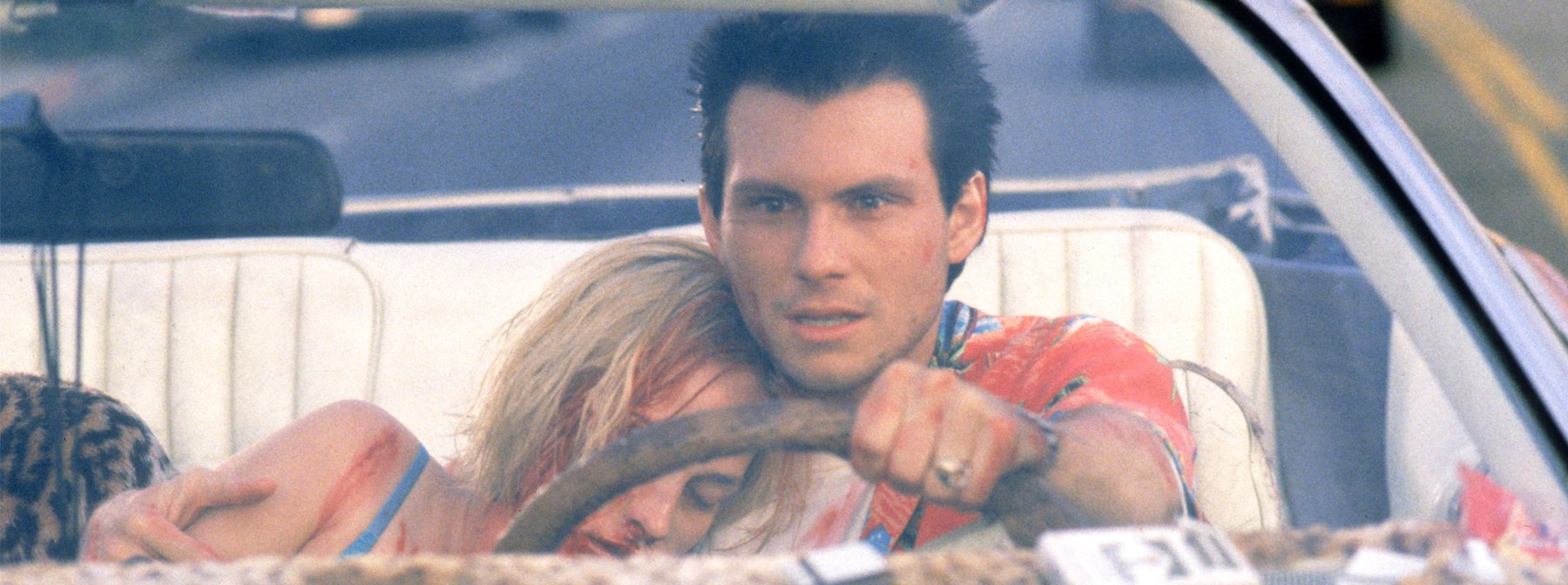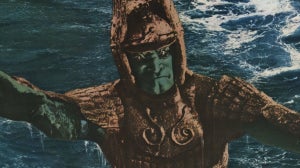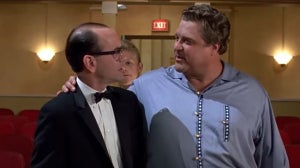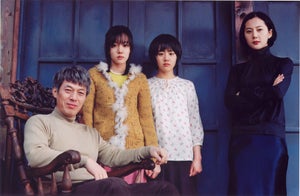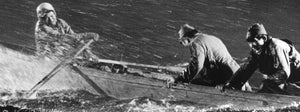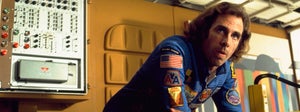
1993’s True Romance may have been directed by Tony Scott, but it will forever be associated with Quentin Tarantino, the writer of a screenplay that hums with the future Oscar winner’s sense of character, sharp dialogue, and relentless plotting. Thirty years after its release, True Romance remains more than just a footnote in Tarantino’s career. It’s a movie that seems to be more greatly appreciated with each passing generation, and it’s a formative one for its writer not just because of the doors it opened but the lessons it taught him about maintaining control of his own material. With hindsight, it’s fascinating to see where Scott’s robust visual filmmaking merged with Tarantino’s verbose style, and where the two collided. The film’s crackerjack ensemble (and the way it handles some touchy issues) undeniably date it, but it’s outlasted so many similar works from the era through the sheer talent of the people who made it and the roadmap it laid as to where one in particular would go next.
While it wouldn’t hit theaters until a year after Tarantino’s breakthrough in Reservoir Dogs (and a year before Pulp Fiction in 1994), the script actually felt more like a personal debut than the landscape-shifting film that he ended up directing. Tarantino has said that True Romance contains autobiographical elements, and it includes dialogue from an unfinished early film that Tarantino co-wrote and directed titled My Best Friend’s Birthday. But it’s a much more ambitious script than Reservoir Dogs just in terms of settings and characters, leading the writer to option it before he had the pull in Hollywood to get it made himself so he could fund Dogs.
As with most Hollywood stories, this one starts with a connection—Tony Scott’s assistant was friends with a quick-talking young Hollywood kid named Quentin Tarantino. She encouraged Scott to read his work, and Tarantino gave the director drafts of both Reservoir Dogs and True Romance. He wanted to direct both of them, of course. Reportedly, Quentin said Scott could have one and he wanted to keep the other for himself. One can only imagine the alternate universe in which Scott picked Mr. Pick instead.
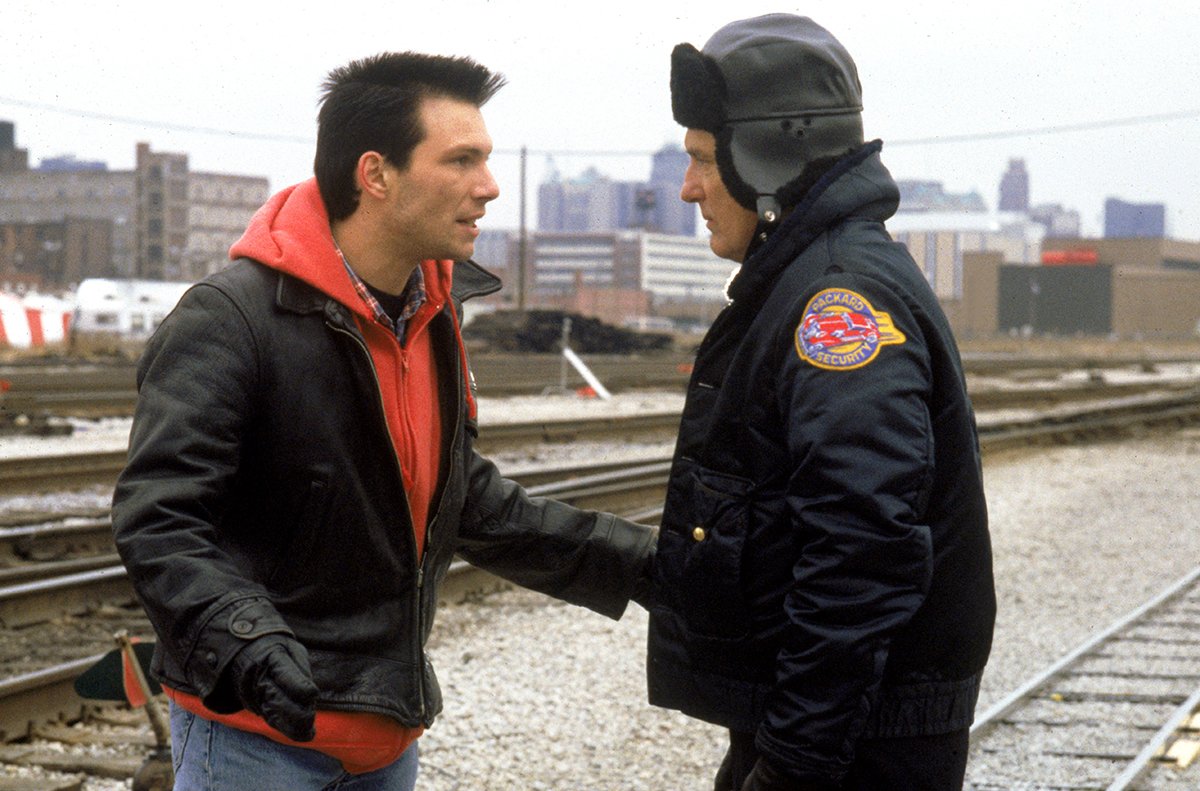
Tarantino’s avatar in True Romance is Clarence Worley (Christian Slater), an average Detroiter who meets a call girl named Alabama (Patricia Arquette in a part reportedly written with Joan Cusack in mind) at a kung fu movie. (It’s already like something an A.I. would produce if all of Tarantino’s ‘90s scripts were inputted into it.) After falling quickly for one another, they get married the next day at City Hall, but Clarence can’t shake the specter of Alabama’s pimp Drexl, played with go-for-broke gusto by Gary Oldman. With the encouragement of Elvis Presley’s ghost (Val Kilmer) over his shoulder, he shoots and kills Drexl, mistakenly absconding with a great deal of cocaine.
From here, True Romance becomes an episodic thriller with Clarence/Alabama trying to stay one step ahead of the people who want their drugs back, all of it set to one of the best scores in Hans Zimmer’s legacy, one heavily inspired by Terence Malick’s Badlands, a film whose fingerprints are all over this one. They first go to Clarence’s father Clifford (Dennis Hopper), who ends up dead for helping the newlyweds after the film’s most famous scene, a verbal showdown between the Easy Rider star and Christopher Walken, who would pull the “one-scene wonder” trick again in Pulp Fiction the next year.
True Romance shifts gears when Clarence and Alabama get to Los Angeles, where Worley hopes to sell the trunkload of cocaine with the help of his old buddy Dick Ritchie (Michael Rapaport). From here, True Romance drops a new familiar face with each scene, including Bronson Pinchot as the hapless broker Elliott, Brad Pitt as Dick’s roommate, and Chris Penn & Tom Sizemore as detectives. However, the most memorable performer from the back half of the film is the late James Gandolfini as a vicious hired gun who nearly beats Alabama to death in one of the most brutal scenes in a mainstream film of this era, a performance that helped get him his legendary role on The Sopranos. Of course, similar to Reservoir Dogs, it all ends in gunfire, but Alabama and Clarence survive, making their way to Mexico and the birth of their son, Elvis.
Or do they? In Tarantino’s original screenplay, Clarence dies, but Scott and Warner Bros. argued that the movie leading up to that point needed the heroes to have a happy ending. And, to his credit, Tarantino seems to agree. He toldEmpire in 2018, “It would have been fairly similar, but with two big differences. I would have done my original ending, where Clarence dies. And I would have had all the comedy and all the romance, but it would have been a little rougher. And with it being a little rougher, we could have earned the more tear-jerking ending. I mean, with the fairy-tale popcorn movie that Tony made, that almost would have been a dirty trick, killing Clarence. You would have had to have earned the ending that I wrote, and I think I would have earned it more. But Tony made exactly the movie he wanted to make, and ultimately I think he made the right choice for the movie he made.”
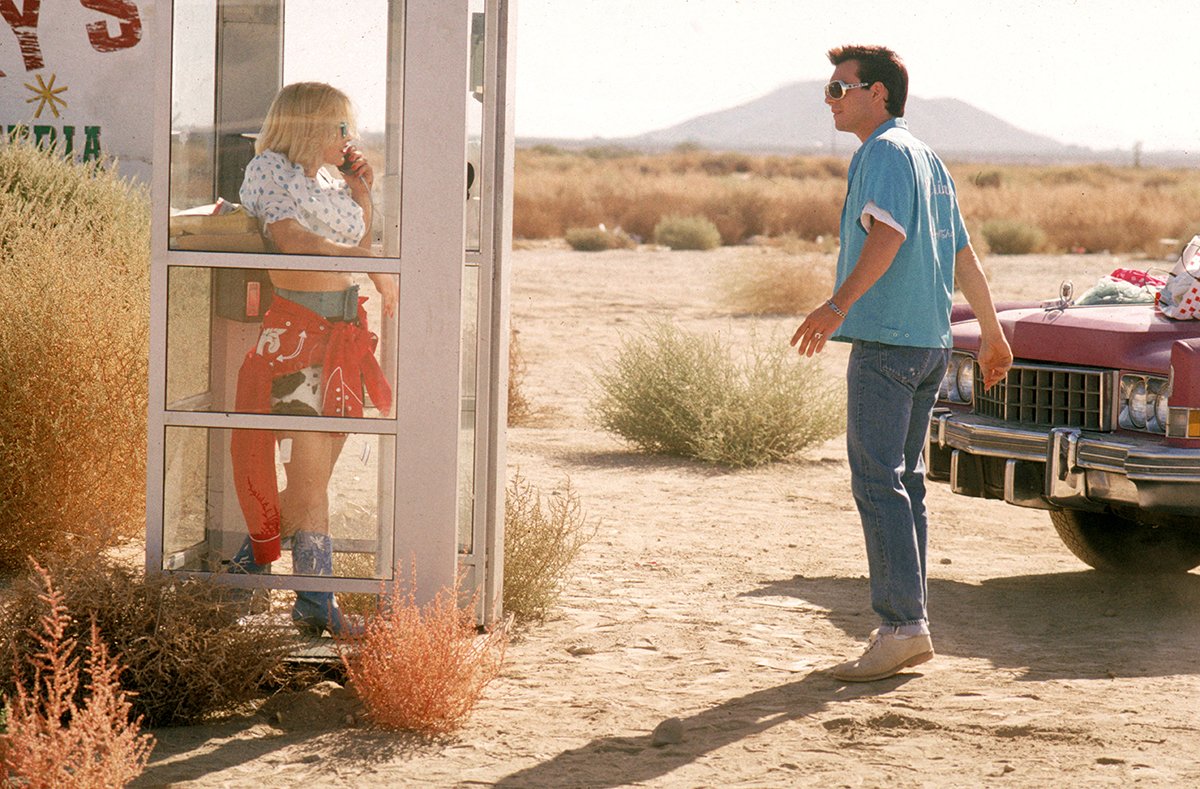
While time seems to have healed the wounds over changes made by Scott and the studio to Tarantino’s vision, the same can’t be said for his other famous sold screenplay from this era, Natural Born Killers, which he sold to producers Jane Hamsher and Don Murphy for only $10,000 after trying to make it himself on a low budget and failing. Tarantino’s script for the story of Mickey and Mallory Knox, who would eventually be played by Woody Harrelson and Juliette Lewis, would be drastically rewritten by David Veloz, Richard Rutowski, and Oliver Stone, who would direct the film that would ultimately only have a story credit for Tarantino. At one point, the stories of Clarence Worley and Mickey Knox were even literally connected with Tarantino revealing that, “In the original script, Clarence wanted to be in the movies, he wanted to be a screenwriter…But the script he’s writing is Natural Born Killers.”
After a conflict in which Tarantino tried to publish his original script in book form and was sued by the studio, the writer became more vocal about his thoughts on Stone’s film, even going as far as to say, “I hated that fucking movie. If you like my stuff, don’t watch that movie.”
One can only imagine the timeline in which Tarantino doesn’t need to sell True Romance and Natural Born Killers to finance Reservoir Dogs, holding onto them long enough to direct himself. It certainly feels like both experiences taught him a lesson about giving his work to someone else. While True Romance was a success, it’s telling that Tarantino would only have one more writing credit on a project he didn’t direct, 1996’s From Dusk till Dawn, a film he likely had more control over given he was a part of the cast.
Since Dawn, Quentin Tarantino has written eight screenplays (seven if you count Kill Bill as one film), and he has directed every single one of them. Like Clarence and Alabama, he took the money and ran. Only he knows if he got advice from the ghost of Elvis along the way.

